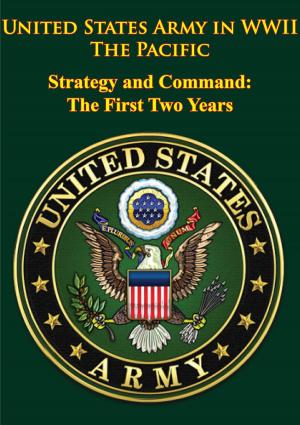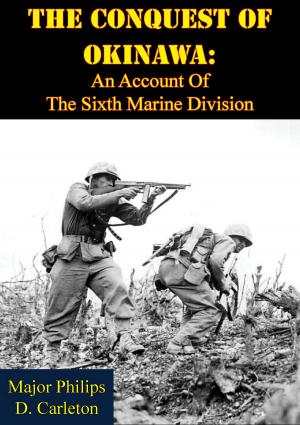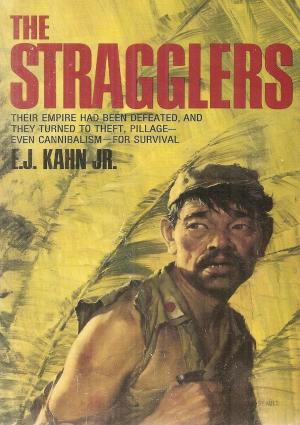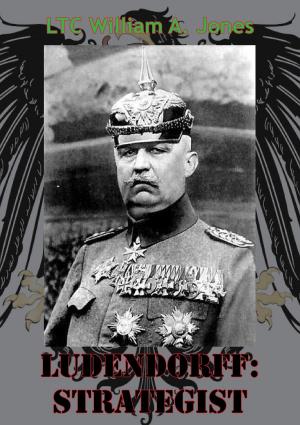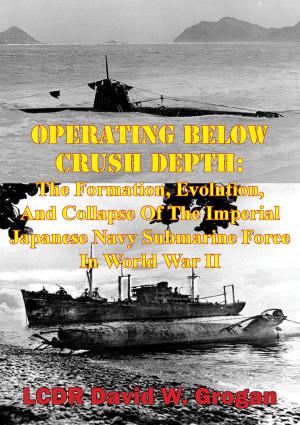The Desert Campaigns [Illustrated Edition]
Nonfiction, History, Military, World War I, Germany, British| Author: | William Thomas Massey | ISBN: | 9781782895466 |
| Publisher: | Verdun Press | Publication: | August 15, 2014 |
| Imprint: | Verdun Press | Language: | English |
| Author: | William Thomas Massey |
| ISBN: | 9781782895466 |
| Publisher: | Verdun Press |
| Publication: | August 15, 2014 |
| Imprint: | Verdun Press |
| Language: | English |
Includes more than 20 illustrations by James McBey and the World War One In The Desert Illustration Pack- 115 photos/illustrations and 19 maps spanning the Desert campaigns 1914-1918
“Written by the foremost accredited London newspaper journalist in the Middle East during the Great War, William Massey covered the war in the Middle East as it was fought against the Ottoman Turkish Empire, its German ally and the tribes of the region who supported them. He was aware of the hardships suffered by the British and Colonial troops serving in the difficult climate and later became a champion of those who fought there. He writes of the complete conflict from the battles in the western desert with the Senussi to Aleppo and beyond to the borders of Turkey.”-Print Edition
“Mr. Massey, who was the official correspondent with our forces, was moved to write this highly interesting account of the campaigns in Egypt on being told by a colleague on the Western Front that the Army in Egypt should " come to. France to see what war is." He shows that the British, Australian, New Zealand, and South African troops in Eastern and Western Egypt had a very arduous experience of war, and that the battle of Romani in August, 1916, was a hard-fought and decisive victory, in which the Turks lost nearly half their strength. At first we were content to hold the line of the Canal, Leaving the Desert to the Turks. But this defensive policy involved grave risks. Mr. Massey reminds us that the Turks repeatedly tried to lay mines in the Canal, and once succeeded in damaging a ship, so that traffic was delayed for half-a-day. The true policy, afterwards adopted, of holding a line far to the east of the Canal, and then of clearing the Turks out of Sinai altogether, meant very hard work for the Army and the Labour Corps, but was completely successful. Mr. Massey describes at the close the remarkable little operations against the Senussi in Western Egypt.”-review in The Spectator 24th May 1918
Includes more than 20 illustrations by James McBey and the World War One In The Desert Illustration Pack- 115 photos/illustrations and 19 maps spanning the Desert campaigns 1914-1918
“Written by the foremost accredited London newspaper journalist in the Middle East during the Great War, William Massey covered the war in the Middle East as it was fought against the Ottoman Turkish Empire, its German ally and the tribes of the region who supported them. He was aware of the hardships suffered by the British and Colonial troops serving in the difficult climate and later became a champion of those who fought there. He writes of the complete conflict from the battles in the western desert with the Senussi to Aleppo and beyond to the borders of Turkey.”-Print Edition
“Mr. Massey, who was the official correspondent with our forces, was moved to write this highly interesting account of the campaigns in Egypt on being told by a colleague on the Western Front that the Army in Egypt should " come to. France to see what war is." He shows that the British, Australian, New Zealand, and South African troops in Eastern and Western Egypt had a very arduous experience of war, and that the battle of Romani in August, 1916, was a hard-fought and decisive victory, in which the Turks lost nearly half their strength. At first we were content to hold the line of the Canal, Leaving the Desert to the Turks. But this defensive policy involved grave risks. Mr. Massey reminds us that the Turks repeatedly tried to lay mines in the Canal, and once succeeded in damaging a ship, so that traffic was delayed for half-a-day. The true policy, afterwards adopted, of holding a line far to the east of the Canal, and then of clearing the Turks out of Sinai altogether, meant very hard work for the Army and the Labour Corps, but was completely successful. Mr. Massey describes at the close the remarkable little operations against the Senussi in Western Egypt.”-review in The Spectator 24th May 1918
![Cover of the book The Desert Campaigns [Illustrated Edition] by William Thomas Massey, Verdun Press](https://www.kuoky.com/images/2014/august/500x500/9781782895466-UZXb_500x.jpg)


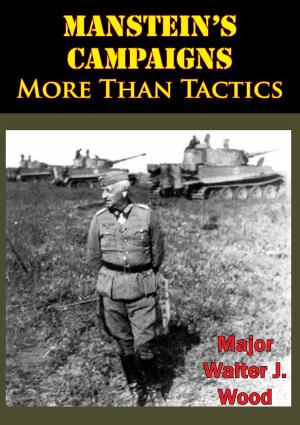
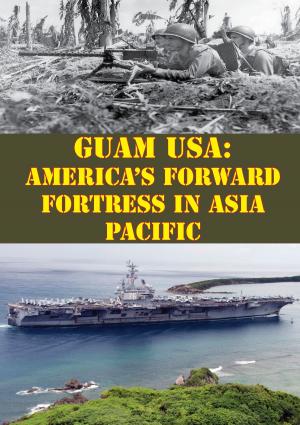
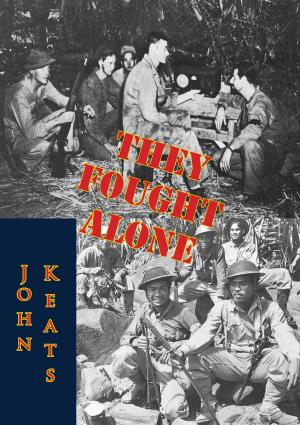
![Cover of the book Marines In World War II - Bougainville And The Northern Solomons [Illustrated Edition] by William Thomas Massey](https://www.kuoky.com/images/2014/august/300x300/9781782892786-VZXx_300x.jpg)
